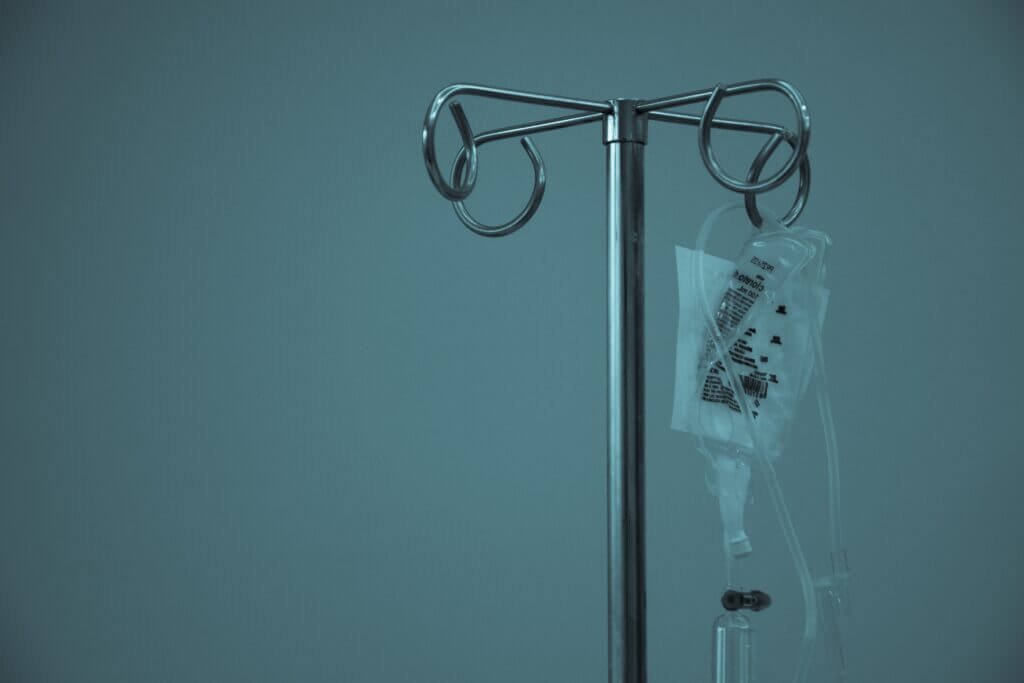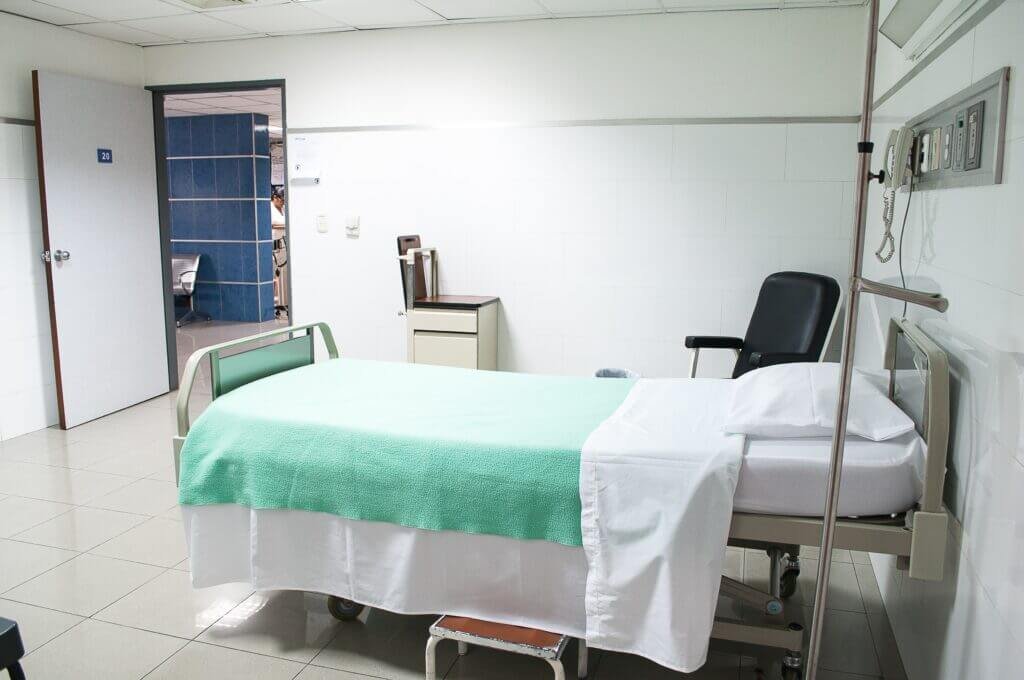Are you unsure whether avoiding coffee is a healthier choice for you? Many people wonder if giving up their beloved morning cup of joe will have any noticeable health benefits. In this article, we will explore the potential effects of avoiding coffee on your overall health and well-being. Whether you’re a die-hard caffeine lover or considering kicking the habit, let’s delve into the topic and uncover the truth behind the question: Is it healthier to avoid coffee?

The effects of coffee on the body
Caffeine’s impact on the central nervous system
Coffee, with its high caffeine content, has a noticeable impact on the central nervous system. When you consume coffee, the caffeine quickly enters your bloodstream and travels to your brain. Once there, it blocks the receptors for adenosine, a chemical that promotes relaxation and sleepiness. This action leads to increased alertness, improved focus, and a temporary boost in energy levels.
Coffee’s effect on heart health
While some studies have suggested that excessive coffee consumption might lead to cardiovascular issues, moderate coffee intake can actually have positive effects on heart health. Research indicates that regular coffee consumption is associated with a lower risk of developing heart disease and stroke. Coffee contains certain compounds, such as polyphenols and antioxidants, which have been found to have protective effects on heart health.
Coffee’s influence on digestion
For many people, a cup of coffee in the morning is a welcome wake-up call for their digestive system. Coffee can stimulate the production of stomach acid and promote bowel movements, making it helpful for those struggling with constipation. However, for some individuals, coffee can have a laxative effect that leads to an increased urgency to use the restroom. If you experience digestive issues after consuming coffee, it may be best to drink it in moderation or opt for decaffeinated alternatives.
The effects of caffeine on sleep quality
One of the well-known drawbacks of caffeine is its potential to disrupt sleep. As a stimulant, caffeine can interfere with the quality and quantity of your sleep if consumed too close to bedtime. It may take longer for you to fall asleep, and your sleep can be more fragmented. It is recommended to avoid consuming coffee or any caffeinated beverages at least four to six hours before your desired bedtime. This will give your body enough time to process the caffeine and promote a better night’s sleep.
Potential health benefits of coffee
Coffee’s potential protective effects against certain diseases
Research suggests that coffee consumption may have protective effects against certain diseases. Regular coffee drinkers have been found to have a lower risk of developing conditions such as type 2 diabetes, Parkinson’s disease, and certain types of cancer. However, it’s important to note that these benefits are observed with moderate coffee consumption and can vary depending on individual factors.
The impact of coffee on mental health
Coffee has long been associated with improved mood and alertness. The caffeine in coffee stimulates the release of neurotransmitters like dopamine and serotonin, which play a role in regulating mood. Additionally, studies have shown that coffee consumption is inversely associated with the risk of depression and suicide. While coffee can provide a temporary mental boost, it’s important to maintain a balanced approach and not rely solely on coffee for managing mental health.
The potential benefits of coffee for exercise performance
Coffee has been recognized for its potential benefits in enhancing exercise performance. Caffeine acts as a stimulant that can increase endurance, improve focus, and reduce fatigue. It has been shown to enhance both strength and endurance exercise performance. Consuming coffee prior to a workout or physical activity can help you feel more energized and improve your overall performance. However, it’s important to note that individual responses to caffeine can vary, and proper hydration is still essential for optimal exercise performance.
Possible risks and negative effects of coffee consumption
Potential negative effects on anxiety and stress levels
For individuals who are highly sensitive to caffeine or prone to anxiety, coffee consumption can potentially worsen anxiety symptoms. Caffeine increases the release of stress hormones such as cortisol, which can lead to feelings of jitteriness, restlessness, and even panic attacks. If you notice that coffee exacerbates your anxiety symptoms, it may be beneficial to reduce or avoid consumption.
The influence of coffee on gastrointestinal issues
Coffee has been associated with gastrointestinal issues, particularly in individuals with certain digestive conditions such as acid reflux or irritable bowel syndrome (IBS). The high acidity in coffee can irritate the lining of the stomach and contribute to acid reflux symptoms. Additionally, the caffeine in coffee can stimulate the intestines, potentially leading to diarrhea or abdominal discomfort. If you have existing gastrointestinal issues, it may be worth exploring alternatives or opting for lower-acid coffee options.
The impact of coffee on fertility and pregnancy
When it comes to fertility and pregnancy, it’s important to be mindful of caffeine intake. High caffeine consumption has been linked to a higher risk of miscarriage and low birth weight. Additionally, excessive caffeine intake may interfere with fertility in both men and women. It is generally recommended to limit caffeine intake during pregnancy or when trying to conceive. If you are concerned about the potential risks, it’s advisable to consult with your healthcare provider for personalized advice.
Coffee’s association with insomnia and disrupted sleep patterns
As mentioned earlier, the stimulating effects of caffeine can interfere with sleep quality. Consuming coffee, especially in the afternoon or evening, can make it difficult to fall asleep or stay asleep. People who are already prone to insomnia or have a sensitivity to caffeine may find that even small amounts of coffee can disrupt their sleep patterns. If you struggle with sleep issues, it is advisable to limit or avoid coffee consumption, particularly closer to bedtime.
Individual differences in coffee sensitivity
The different levels of caffeine sensitivity
People have varying degrees of sensitivity to caffeine, and individual responses can differ greatly. Some individuals may be able to consume multiple cups of coffee without experiencing any adverse effects, while others may feel jittery and anxious after just a small amount. It’s important to pay attention to your body’s responses to coffee and adjust your intake accordingly.
The influence of genetic factors on coffee metabolism
Genetic factors can play a role in how your body metabolizes and responds to coffee. Certain genetic variations can influence the rate at which caffeine is broken down in the body, leading to either faster or slower clearance of caffeine. This can affect how long the stimulating effects of coffee last and how prone an individual is to experiencing negative side effects. If you find that you are particularly sensitive to coffee, it could be due to your genetic makeup.

Alternatives to coffee
Exploring different types of caffeine-free beverages
If you want to reduce or eliminate your coffee consumption, there are plenty of caffeine-free alternatives to explore. Herbal teas, such as chamomile or peppermint, can provide a soothing and calming effect without any caffeine. Hot water with lemon or ginger can also be refreshing and invigorating in the morning. Additionally, there are various caffeine-free coffee substitutes available that mimic the taste and aroma of coffee without the caffeine content.
Finding alternative energy-boosting options
If you’re looking for an energy boost without relying on coffee, there are several alternatives to consider. Engaging in regular physical activity, maintaining a well-balanced diet, and ensuring adequate hydration can all contribute to sustained energy levels throughout the day. Additionally, certain foods like nuts, whole grains, and fruits can provide natural sources of energy. If you need an immediate pick-me-up, a brisk walk, deep breathing exercises, or a power nap can help recharge your energy levels.
Tips for moderating coffee consumption
Determining a healthy coffee intake level
The ideal amount of coffee to consume depends on individual factors, including tolerance, sensitivity, and overall health. As a general guideline, moderate coffee consumption is considered to be around 3-4 cups per day. However, it’s important to listen to your body and make adjustments accordingly. If you experience negative side effects or if you find that coffee disrupts your sleep, it may be necessary to reduce your intake.
Methods for reducing caffeine intake
If you want to cut back on caffeine, there are several methods you can try. Gradually reducing the amount of coffee you consume over time can help minimize withdrawal symptoms. Mixing decaffeinated coffee with regular coffee can also reduce the overall caffeine content of your drink. Exploring other caffeinated beverages, such as green tea or black tea, can provide a milder source of caffeine. Remember that patience and gradual changes are key when trying to reduce caffeine intake.
Switching to decaffeinated coffee
If you enjoy the taste and ritual of drinking coffee but want to avoid the stimulating effects of caffeine, decaffeinated coffee can be a good option. Decaffeinated coffee goes through a process that removes most of the caffeine content while preserving the flavor. However, it’s worth noting that decaffeinated coffee is not completely caffeine-free and can still contain a small amount of caffeine. If you are highly sensitive to caffeine or aiming to eliminate it entirely, non-coffee alternatives may be more suitable.

Conclusion
Coffee, with its rich and complex flavors, has both positive and negative effects on the body. Caffeine’s impact on the central nervous system provides a temporary boost in energy and alertness, while also potentially disrupting sleep quality. Coffee has been associated with potential health benefits, such as a lower risk of certain diseases and improved mental health. However, it can also have negative effects on anxiety, digestion, fertility, and sleep patterns. Understanding individual differences in caffeine sensitivity and exploring alternatives to coffee can help in making informed decisions about consumption. By moderation and considering personal factors, you can enjoy coffee in a way that supports your overall health and well-being.


